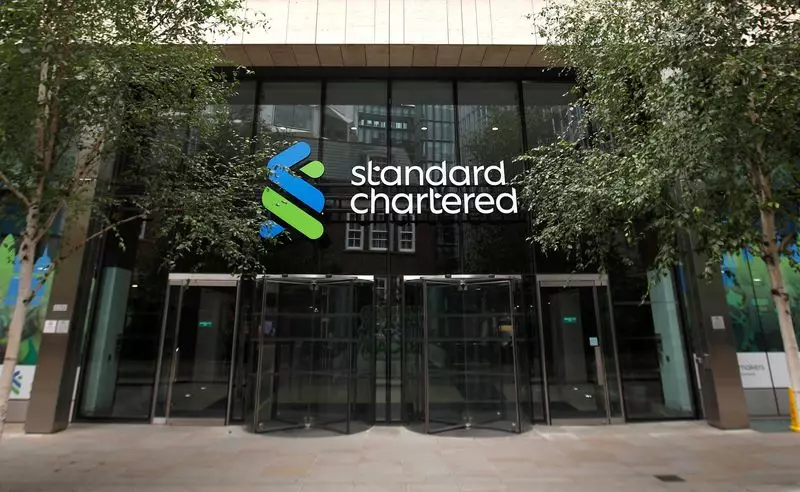In a significant development within Zambia’s financial sector, the Securities and Exchange Commission (SEC) has reprimanded Standard Chartered Bank for serious missteps in the handling of investments, particularly involving bonds from Sino-Ocean, a state-backed Chinese development firm. This case not only highlights the bank’s potential overreach in their advisory roles but also raises pertinent questions about regulatory compliance in the banking industry as a whole.
According to reports, Standard Chartered sold bonds from Sino-Ocean to a local wealth management client during a tumultuous period in the Chinese real estate market, particularly amid rising concerns of defaults within the sector. The investigative efforts by Zambia’s SEC revealed that the bank neglected to share crucial information that could have influenced the client’s decision-making process regarding these investments. The bonds, sold in March 2022, later defaulted, plunging in value and placing investors at considerable financial risk.
Analyzing the implications of such a breach, it becomes evident that financial institutions must maintain transparency and uphold ethical standards, particularly when dealing with clients who may not possess the same level of financial acumen. By witholding essential information, Standard Chartered jeopardized not just its client’s financial future but also undermined the integrity of the financial system in Zambia.
The SEC’s findings encompassed two primary breaches of regulatory conduct: failure to disclose material information and the use of exclusionary clauses in contracts. These clauses effectively placed the burden of risk solely on the client, which is explicitly against the tenets of Zambia’s securities laws. While the SEC lacks the authority to enforce compensation for mis-sold products, the responsibility lies heavily on Standard Chartered to mitigate the damage done to its reputation and client relations.
Standard Chartered’s forthcoming move to appeal the SEC’s decision, as stated in their response, indicates their intent to contest the findings. However, this creates a paradox; while the bank seeks to maintain its standing, the ongoing legal battle may exacerbate public perception of its actions and commitment to ethical banking practices.
This incident comes at a time when Standard Chartered is re-evaluating its presence in Africa, as indicated by their intentions to divest from various markets, including Zambia. The bank’s historical roots in the region, boasting nearly 120 years in the country, are now overshadowed by growing scrutiny over its operations and compliance. Recent years have seen the bank offloading several businesses across the continent, and this incident could further accelerate that trend.
With the looming threat of enforcement actions and potential penalties from the SEC, Standard Chartered must tread carefully. Their approach to handling this matter will not only affect their current operations in Zambia but will also influence strategic decisions in other markets where they operate. The potential for loss of client trust could reverberate across their entire African portfolio.
The repercussions of Standard Chartered’s regulatory missteps in Zambia serve as a critical reminder of the importance of adherence to financial laws and ethical obligations in banking. As the sector increasingly faces scrutiny, it becomes imperative for banks to foster transparent relationships with clients, uphold regulatory standards, and navigate the complexities of maintaining reputation while addressing mismanagement. The final outcomes of this case will redefine not only Standard Chartered’s operational strategy but may also set a precedent for the financial industry in Zambia and beyond.

